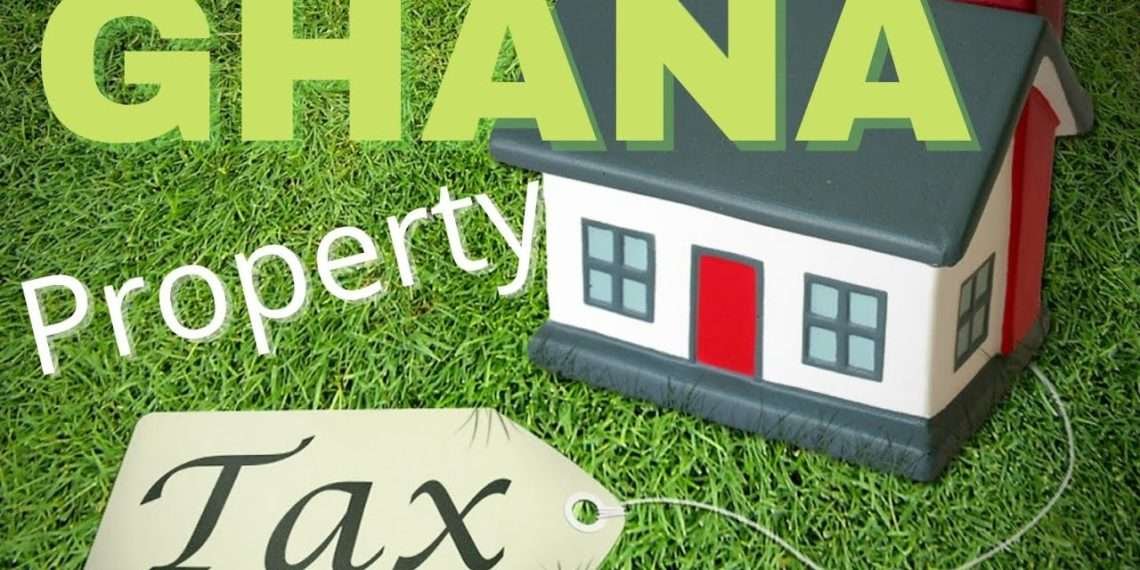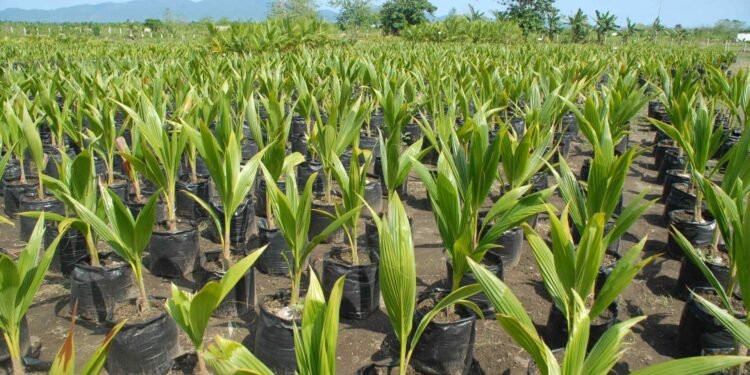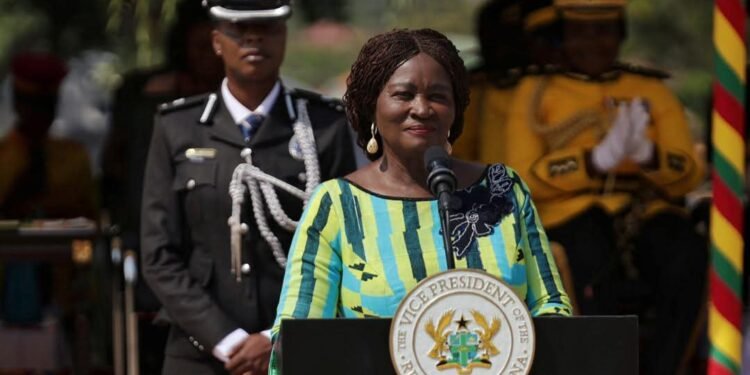Clogged with so many inefficiencies, Ghana’s property tax system has received low patronage historically. Evidently, one of the cankers that has turned this intrinsically ‘good’ tax to one seemingly ‘bad’ and that is blatantly overlooked is the extortionary acts peddled by enforcers of the tax.
While decentralized and thus managed by Local Districts and Assemblies, such human elements as highlighted continue to impede the potential benefits that can be accrued from this viable tax system.
Specifically, Act 936 (S.144) states that the District Assembly shall be the only authority to levy rates for a district despite any customary law to the contrary. The metropolitan and municipal assemblies can also administer property rates. Each of the assemblies has its mechanism for collecting the property rate.
According to Article 245 of the 1992 Constitution, Parliament has to prescribe the functions of District Assemblies. These functions include the levying and collection of taxes, rates, duties and fees.
Meanwhile, some enforcers of the tax are keen on exacting more than the required charges on the unsuspecting who mostly are not privy to or do not understand the processes involved in order to verify or check whether the appropriate taxes are being levied.
Others go the extent of seeking for bribes or favors to allow for an under payment of the required tax by defaulters. Interestingly, in most cases, these situations are faced by those who voluntarily and genuinely want to contribute their property taxes.
These notwithstanding, broader improvements in the administration of property tax revenue collection have occurred over the years, in terms of the creation of systematic record keeping and organization, data collection on land and properties.
However, like many developing economies, property tax raises on average revenues of less than 1 per cent of GDP. And this is particularly the case in Ghana. Meanwhile, for many African countries it contributes far less than 0.5 per cent.
Problems impeding Property Tax collection
Other problems that impede the improvement of the property tax revenue collection is the fact that it does not account for the income earning capacity of property owners such as older people or those with unpredictable income sources.
That said, it therefore results in the distortionary income re-distribution and erode the wealth of individuals over time. Such individuals then resort to evading payment due to the drain on their finances.
There is also clear evidence of lack of political will to ensure that property revenue collection functions adequately. For example, elected local officials have time and again considered it politically costly to aggressively enforce property tax collection in localities where political elites live or where they consider as their party ‘strongholds’.
Using the area within which the individual lives as a benchmark for classification of property in many cases fails the equity of the tax structure in most jurisdictions across the country.
It is therefore recommended that more robust systems are put in place in order to ensure that processes by which the payment is done are transparent, accountable and more easily verifiable. This is to help remove doubts or feel of extortion by tax payers.
With a limited revenue generating capacity, as revenue collection as a share of GDP lies below 15 percent, loopholes that allow enforcers to ‘upset’ tax payers should be clogged in order not that individuals could willingly make payments. There must be an aggressive pursuit towards automation in order to remove any human barriers herein highlighted.
Also, public education and awareness should be enhanced in order to increase the compliance of property owners.
READ ALSO: Ghana could have saved USD$558.10 million under the DSSI























